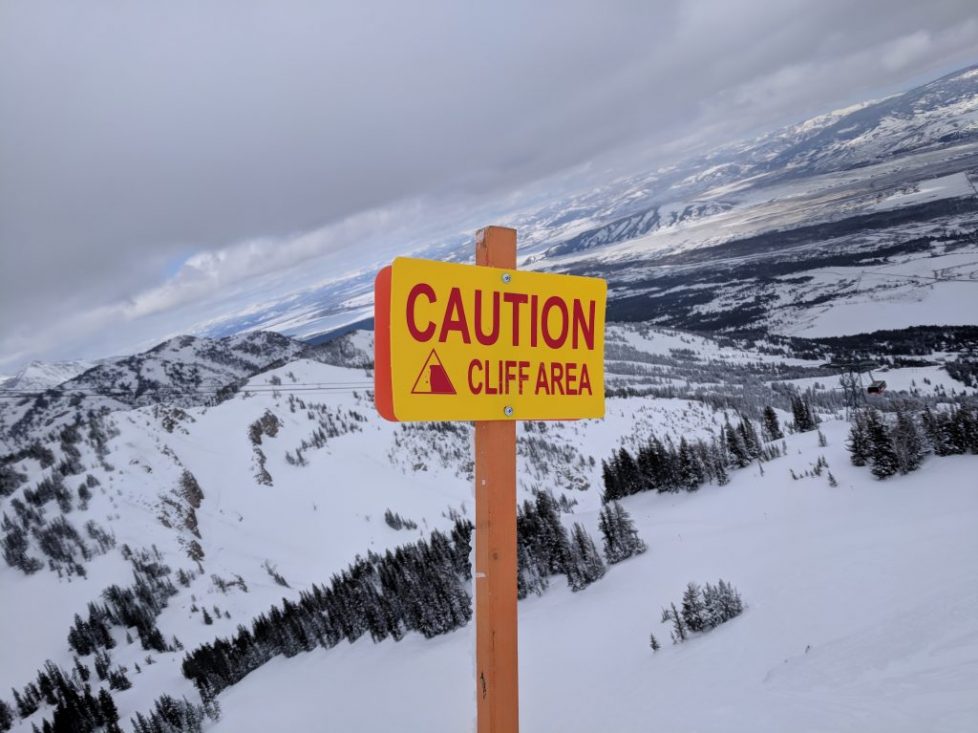
Post Traumatic Stress Disorder is a well known diagnosis in the category of Trauma and Stressor related disorders in the DSM-5. This category of disorders was under the Anxiety Disorders section until 2013. Most often associated with military personnel this category can be seen in a variety of populations.
This category of disorders is unique because there is a common thread that in all disorders require a person to be exposed to a traumatic event. Trauma is one of the biggest causes of mental health disorders. With the symptoms and effects sharing many symptoms of other disorders like depression, anxiety, and substance abuse. People who have a diagnosis of a trauma disorder can have a wide array of symptoms and severity.
What is Trauma?
Trauma is an experience that is distressing and disturbing in some way or another. Here is an article that does a great job of explaining trauma and many of the lasting side effects of. Some of the things can be traumatic are:
- Military service
- Abuse or assault
- Rape or sexual assault
- Accidents
- Relationships
- Injury or sickness
- Neglect
The subsequent reactions to a traumatic event will vary by the individual. Two people can experience the same event and have completely different reactions and responses.
Take an example of a car accident. Three people are in a ski accident. Tommy, Tony, and Timmy were all on a chairlift when the chair broke off from the cable. Tommy, sadly dies in the accident while Tony and Timmy survive the accident.
While Timmy and Tony both experienced the exact same traumatic event, Tony seems to be ok and coping and dealing with the incident in an appropriate and healthy manner. He is able to talk about the event, shows an appropriate level of sadness, but is processing and dealing with as well as possible. He is even skiing again. He has little to no signs of Post-Traumatic Stress Disorder (PTSD) and will likely not have horrific and long lasting consequences from the trauma.
On the other hand, Timmy is not coping as well. He is showing many signs of PTSD and may even be in jeopardy of committing suicide. He has become overly anxious, depressed, started using alcohol and drugs excessively. He has nightmares and flashbacks to the incident. He can’t sleep and is very restless. Timmy won’t go near a ski area and claims he will never ski again. The symptoms seem to be getting worse and Timmy feels like he just wants to give up. Timmy is experiencing severe PTSD from the same event.
Factors that Influence Trauma Disorders
First, to meet the criteria for a trauma related disorder a person must experience (directly or indirectly) some sort of traumatic event. While extremely traumatic events are more likely to lead to the development of PTSD, the event is only one factor in determining if PTSD will develop. EVERY PERSON CAN DEVELOP PTSD, HOWEVER SOME PEOPLE ARE MORE LIKELY. Here are factors that can influence the onset of PTSD.
- Existing Mental Health Disorders. If a person has an existing mental health disorder, particularly an anxiety disorder can increase the likelihood of PTSD developing after a traumatic event. This could have a biological backing to it.
- Family History of Mental Illness. If a family member has mental illness, particularly PTSD or an anxiety disorder will increase the genetic predisposition and chances that PTSD can occur.
- Support system. The people around a person who experienced the trauma can help that person cope with the stress. Or, they can enable negative behaviors that allow bad choices to continue and perpetuate any symptoms. Finding a positive support system is crucial to help minimize the symptoms of PTSD and allow for a healthy growth.
- Willingness to cope and deal with the event. If a person is open to therapy, behavioral changes, art, exercise, and other things that can help processing. Talking about the event is helpful and allows a person to process and move forward in life healthily.
- Severity of the trauma. Obviously the bigger the trauma and more severe the consequences and results the more likely a person will have issues coping with the stress.
- Substance Abuse. Using substances in excess can increase the chances of PTSD onset.
Signs and Symptoms of PTSD
Click Here for the full criteria of PTSD
The type of trauma can influence the symptoms greatly
- Anxiety
- Depression
- Hypervigilence (feeling like they need to protect everyone, like a super hero)
- Lack of trust
- Edginess or jumpiness
- Substance abuse
- Sleep issues (insomnia and hypersomnia)
- Nightmares
- Flashbacks
- Aggression
- Violence
- Denial/Repression
Things to help cope with PTSD
- Counseling
- Talking with friends
- Support groups
- Writing and journaling
- Exercise
- Diet
- Art
- Volunteering
- Minimize or eliminate substance use
- Make good decisions to be healthy
- Time